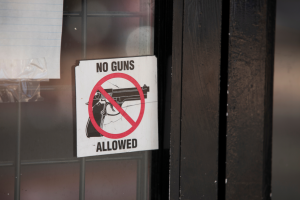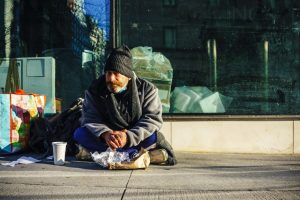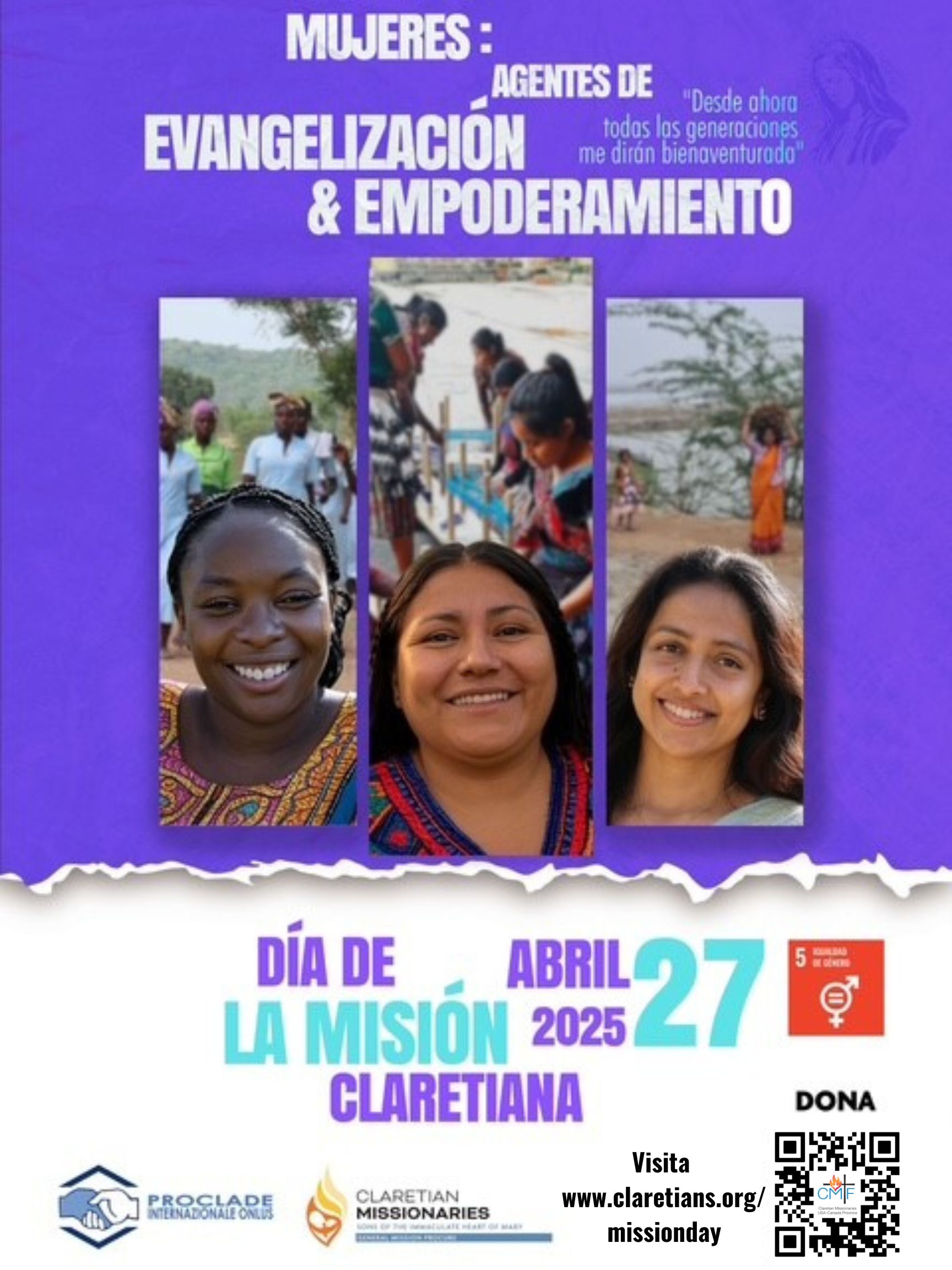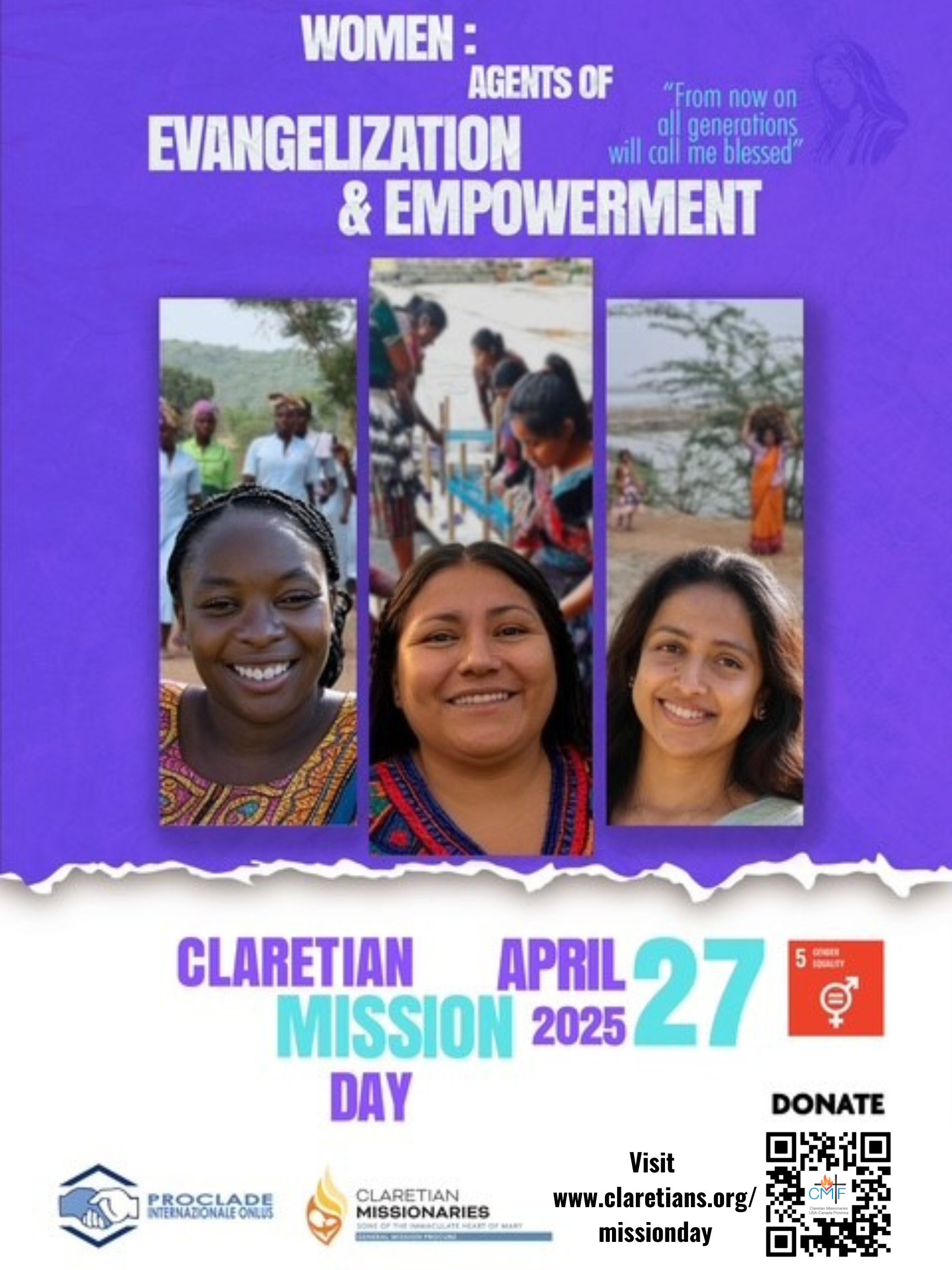How would you go about creating a culture of life in the United States, specifically with regard to the issues of abortion, stem cell research, and capital punishment?
 John McCain
John McCain
On abortion: I believe strongly in our moral obligation to stand up for human dignity. We must remember that our freedoms are not only defended by our diplomacy and military power but, very importantly, by the decency and respect with which we treat one another, and by our belief that as our dignity is entitled to respect, so are we obliged to respect and defend the dignity of others.
I am proud of my 25-year pro-life record in Congress. I oppose partial birth abortion and support the reversal of Roe v. Wade. The reversal of Roe v. Wade represents only one step, however, in the long path toward ending abortion. Once the question is returned to the states, the fight for life will be one of courage and compassion—the courage of a pregnant mother to bring her child into the world and the compassion of civil society to meet her needs and those of her newborn baby.
The pro-life movement has done tremendous work in building and reinforcing the infrastructure of civil society by strengthening faith-based, community, and neighborhood organizations that provide critical services to pregnant mothers in need.
On stem cells: Stem cell research offers tremendous hope for those suffering from a variety of deadly diseases—hope for both cures and life-extending treatments. The compassion to relieve suffering and to cure deadly disease, however, cannot erode moral and ethical principles.
On capital punishment: I support the death penalty for heinous crimes in which the circumstances warrant capital punishment.
Barack Obama
On abortion: No one is pro-abortion, and I respect that people of good faith will disagree on this issue. I strongly support a woman’s right to choose. I also firmly believe that women do not make these decisions casually and that they are ultimately in the best position to make this decision with their family, their doctor, and their pastor.
At the same time, much more can and should be done to address the underlying factors that may lead a woman into the difficult situation where she feels she has to make this decision. For example, we should be working aggressively to reduce the number of unintended pregnancies and thereby the need for abortions. We have to ensure the availability of comprehensive health- and age-appropriate sex education. Abstinence is part of that, but there needs to be a full range of components, and government can’t do it all.
I’ve said regularly that parents have to step up to the plate; they need to turn off the television and instill in their kids a sense of the sacredness of sex. We also must commit to supporting women who choose to have a child. We can do this by ensuring the availability of and access to pre- and postnatal care, providing parenting education, and increasing support for adoption and foster care services.
On stem cells: Many of us have friends or family members who could benefit from more robust stem cell research, and I’m sorry that President Bush has fought this potentially life-saving research, which I have long supported along with many Republicans. Stem cells hold the promise of treatments and cures for more than 70 major diseases and conditions such as Parkinson’s and Alzheimer’s disease, traumatic spinal cord injuries, diabetes, and more, and as many as 100 million Americans may benefit from embryonic stem cell research.
At the same time I believe that stem cell research needs to be conducted with the highest ethical standards. I co-sponsored stem cell legislation in Illinois that established review of this research by the Illinois Department of Public Health. In the United States Senate I co-sponsored legislation that would ensure that only those embryos that would otherwise be discarded could be used and that the donors would have to provide written consent for the use of these embryos. I also support greater research to explore the viability of adult stem cells and cord blood.
On capital punishment: Throughout my career I have worked strenuously to ensure that the death penalty is only administered fairly and justly. That’s why I joined with law enforcement and civil rights groups to reform a broken system in Illinois that had sent 13 innocent men to death row. But I do believe that there are some crimes that are so heinous that they deserve the death penalty. We also have to work with victims and victims’ families to ensure they are receiving the support and counseling they need when recovering from a violent crime.
Catholic social teaching proclaims a preferential option for the poor. In a time of increasing economic woes, what policies would you put in place to protect the poor and the working poor of this country?
McCain
I will make the eradication of poverty, which ensnares more than 36 million Americans, a top priority of the McCain administration. A strong and vibrant America, one in which people can move up into the middle class, put their kids through college, work hard, and one day retire in dignity, is critical not only to our economic future but to the very security of our nation.
As president I will set aside the needs of the special interests to advance the interests of the American people, especially those 12 million impoverished children who deserve every opportunity to achieve the American Dream.
I believe we must help Americans who are hurting from soaring gasoline and food costs. We can help lower gas prices by reducing our dependence on foreign oil through the use of domestic drilling and higher fuel economy standards. I’ll institute a summer gas tax holiday to provide real, immediate relief to hard-working Americans who are struggling to fill up their tanks.
I will overhaul unemployment insurance and make it a program for retraining, relocating, and assisting workers who have lost a job. The unemployment insurance system created in the 1950s needs to be modernized to meet the goals of helping displaced workers make ends meet between jobs and moving people quickly on to the next opportunity.
I believe that we can strengthen community colleges and technical training and give displaced workers more choices to find their way back to productive and prosperous lives.
Obama
My own path to Christ was shaped in part by my work as a community organizer with the poor and disadvantaged on the South Side of Chicago. Through this work, which was funded in part by Catholic churches, I witnessed the struggles of those facing unemployment and economic hardship. Today there are millions of Americans who are experiencing similar hardships.
It is our collective responsibility to recommit to tackling concentrated poverty. There is a range of ways in which we can accomplish this—such as providing tax relief to struggling Americans and investing in communities that have been left behind. I have proposed an expanded earned income tax credit, a program that already has lifted millions out of poverty, and a “Making Work Pay” tax cut for working families.
I believe it’s time to protect home ownership. Owning a home is the culmination of the American Dream. I plan on creating a universal mortgage credit as well as a fund to help homeowners avoid foreclosure.
I will also establish 20 “Promise Neighborhoods” in impoverished, crime-ridden areas to be modeled after the Harlem’s Children Zone, which provides a full network of social services aimed at uplifting the community.
I applaud the campaigns of nongovernmental organizations like Catholic Charities USA, which has pledged to work to cut poverty in half by 2020. The problems of this nation are too large for government or any one group to solve alone. We need all hands on deck.
Catholics share a belief that humans ought to be stewards of creation. How would your policies on the environment safeguard the integrity of creation?
McCain
I am proud of my longstanding commitment to conserving America’s natural resources and promoting environmental stewardship. We face immense environmental challenges that will impact the quality of life we leave future generations. If I am elected, my administration will reflect the guiding principles of Theodore Roosevelt, America’s foremost conservation president.
Our national parks, national seashores, wildlife refuges, and national monuments embody America’s commitment to preserving our most precious natural treasures. Unfortunately, Congress’ failure to devote the proper resources toward operations and maintenance has caused many park units to fall into disrepair. We must preserve the cultural significance and natural beauty of our most wild and historic places.
Climate change is the single greatest environmental challenge of our time. The facts of global warming demand our urgent attention, especially in Washington. Not only does our dependence on foreign oil bring about sizable national security risks, but the preponderance of scientific evidence points to the warming of our climate from the burning of fossil fuels.
I have introduced the Lexington Project, a comprehensive energy and climate strategy to provide America with secure sources of energy, ensure our continued prosperity, and address global climate change. This plan includes the elements necessary to achieve these objectives by producing more power, pushing technology to help free our transportation sector from its use of foreign oil, cleaning up our air, addressing climate change, and ensuring that Americans have dependable energy sources.
Obama
There is a moral component to ensuring we are being good stewards of God’s creation, and I admire Pope Benedict’s leadership on this issue and his recent advocacy for better care of our environment.
As president I will rally new coalitions to confront the challenge of global climate change and conservation of our natural resources. I will create a bipartisan consensus to implement a cap-and-trade program to reduce greenhouse gas emissions by the level top scientists have recommended.
I will also ensure that the United States regains international leadership on the climate change issue by creating a Global Energy Forum of the world’s top emitters and re-engaging the United States into the post-Kyoto treaty negotiations.
I firmly believe that together we can tackle this great challenge and ensure that we are responsible stewards of the environment for future generations.
The Catholic Church teaches that health care is a basic human right. Given that 47 million people in the United States are uninsured and an additional 25 million are underinsured, how would your health care policy ensure that all Americans, regardless of job status or health risks, have access to affordable health care?
McCain
I believe we can and must provide access to health care for every American. I have plans to make health care more portable and affordable with generous tax credits. Losing a job is hard enough without losing your health care, too.
My plan will use competition to improve the quality of health insurance with greater variety to match people’s needs, lower prices, and create portability. Families should be able to purchase health insurance nationwide, across state lines.
I will reform the tax code to offer more choices beyond employer-based health insurance coverage. While still having the option of employer-based coverage, every family will receive a direct refundable tax credit—effectively cash—of $2,500 for individuals and $5,000 for families to offset the cost of insurance.
Families will be able to choose the insurance provider that suits them best, and the money would be sent directly to the insurance provider. Those obtaining innovative insurance that costs less than the credit can deposit the remainder in expanded Health Savings Accounts.
No American should be denied coverage to quality care because of a preexisting condition. I will work closely with states to create Guaranteed Access Plans (GAP) that will ensure quality coverage to individuals who are unable to find coverage due to high premiums. GAPs will have reasonable limits on premiums and offer help for low-income Americans.
Obama
In Illinois I was proud to be a chief co-sponsor of the Bernardin Amendment, named after the late Cardinal Joseph Bernardin, which set out that health care is a fundamental right.
My health care plan provides all Americans with quality, portable, and affordable health care coverage. It also will reduce costs for all Americans—$2,500 in health care costs for families. If you like your health care, nothing changes. If you don’t have health insurance or don’t like your health insurance, you will have a range of private health insurance options as well as a public option.
No one will be turned away because of a preexisting condition or illness. In addition to guaranteed eligibility, the plan will include reasonable premiums, co-pays, and deductibles; subsidies; simplified enrollment and paperwork; and comprehensive benefits. The time has come for affordable, quality care for all Americans.
I have heard stories from people who are hanging on by a thread because of the stack of medical bills they can’t pay. People who don’t know where else to turn for help but who do know that when it comes to health care, we have talked, tinkered, and dawdled as this crisis festered for decades. It is time to turn the page on the failed politics of yesterday’s health care debates and tackle this challenge together.
Historically the Catholic Church in the United States has been a church of immigrants; we remain so today. What do you see as the components of a successful, comprehensive immigration policy?
McCain
My Senate colleagues and I twice attempted to pass comprehensive immigration legislation. We hoped to fix our broken borders, ensure respect for the laws of this country, recognize the important economic contribution of immigrant laborers, apprehend those who came here illegally to commit crimes, and deal practically and humanely with those who came here, as my distant ancestors did, to build better, safer lives for their families—without excusing those who came here illegally or granting them privileges before those who have been waiting their turn outside the country.
Many Americans did not believe us when we said we would secure our borders, and so we failed in our efforts. I don’t want to fail again to achieve comprehensive immigration reform. We must prove we have the resources to secure our borders and use them, while respecting the dignity and rights of citizens and legal residents of the United States.
When we have achieved our border security goal, we must enact and implement the other parts of practical, fair, and necessary immigration policy. We have economic and humanitarian responsibilities, and they require no less dedication from us in meeting them.
As part of this commitment, I believe we must establish a user-friendly system to check a worker’s identity, employing a limited set of secure documents that contain biometric data and are electronically verifiable. This system should be secure and provide responses to employer inquiries in a prompt and timely manner to offer both the employer and employee security in their hiring decisions.
Obama
I will make comprehensive immigration reform a top priority in my first year as president. We have to finally bring the 12 million undocumented out of the shadows, secure our borders, and crack down on employers abusing undocumented immigrants.
We must require people to get right with the law. For those who have been working here and paying taxes, we should create a pathway to citizenship that puts the undocumented at the back of the line, behind those who came here legally. They should pay a fine, pay taxes, and learn English.
I will promote citizenship for legal, documented immigrants by ensuring that application fees are reasonable and fair and making sure that all security background checks are accurate and timely. Finally, I will improve our legal permanent resident visa programs and temporary programs to attract some of the world’s most talented people to America.
I want to preserve the integrity of our borders. I support additional personnel, infrastructure, and technology on the border and at our ports of entry. We also need additional customs and border protection agents equipped with better technology and real-time intelligence.
Pope John Paul II said, “War is always a defeat for humanity.” What is your plan for our nation as it deals with the war on terror? How would you respond to future challenges to global peace such as a terrorist attack on U.S. soil or an escalation of the situation in Iran?
McCain
Defeating radical Islamist extremists is the transcendent national security challenge of our time. As president I would have one responsibility above all that must be met from Day 1 of my presidency: to protect the security of this great nation from all enemies. I assure you that I would employ all instruments of national power—military, intelligence, law enforcement, economic, and political—to defend our nation and defeat the terrorists who wish to destroy us.
If, heaven forbid, our country were directly attacked by Al Qaeda or its affiliates again, I would not rest until the perpetrators were captured or killed. Those who plan, train, and conduct terrorist attacks against America will be hunted wherever they may be and will feel the full wrath and weight of American power.
In such a circumstance, the planners would be rapidly targeted. There would be no sanctuaries and no mercy. Just as we have fought to ensure that Al Qaeda and its affiliates have no safe haven in Afghanistan and Iraq today, we must ensure there is no place on earth where they are free to plan and direct attacks against Americans.
Obama
There may be times when force is necessary—to stop an imminent threat to America or an ally, for example—but that is a decision I will never take lightly.
More broadly, in order to advance our national and common security, we must use elements of American power: military, economic, diplomatic, and informational power. That means not just maintaining the world’s superior military, but increasing nonmilitary aid and using tough, smart, and principled diplomacy, engaging with both friends and foes.
I have deep respect for John Paul II and his opposition to the invasion of Iraq back in 2003, and for Pope Benedict’s ongoing call for peace, particularly in light of the heinous anti-Christian violence in Iraq, including the murder of the Chaldean archbishop earlier this year.
I opposed the invasion of Iraq from the beginning because I feared it would result in an occupation of undetermined length with undetermined consequence.
Now we need to be as careful getting out of Iraq as we were careless getting in. That means using our withdrawal strategically to increase pressure on the Iraqi political leaders to come to a political agreement. But being as careful getting out as we were careless getting in also demands that we help deal with the 5 million refugees and internally displaced people in Iraq.
How do you reconcile national self-interest with the Catholic vision of the global common good? What should be the political and economic role of the United States around the world?
McCain
I believe it is possible in our time to make the world we live in a better, more peaceful place, where our interests and those of our allies are more secure, and where American ideals that are transforming the world—the principles of free people and free markets—advance even further than they have.
President Harry Truman once said of America, “God has created us and brought us to our present position of power and strength for some great purpose.” In his time, that purpose was to contain Communism and build the structures of peace and prosperity that could provide safe passage through the Cold War.
Now it is our turn. The developments of science and technology have brought us untold prosperity, eradicated disease, and reduced the suffering of millions. We have a chance in our lifetime to raise the world to a new standard of existence.
The United States cannot lead by virtue of its power alone. We must be strong politically, economically, and militarily. But we must also lead by attracting others to our cause, by demonstrating once again the virtues of freedom and democracy, by defending the rules of international civilized society, and by creating the new international institutions necessary to advance the peace and freedoms we cherish.
Perhaps above all, leadership in today’s world means accepting and fulfilling our responsibilities as a great nation. America must be a model citizen if we want others to look to us as a model. How we behave at home affects how we are perceived abroad.
Obama
I don’t believe this is an either-or proposition. There is no reason to make global political or economic progress a zero-sum enterprise, which is why I have so strongly supported not just a significant increase in our development assistance to fight global poverty, but the negotiation of trade agreements that include binding labor and environmental provisions.














Add comment